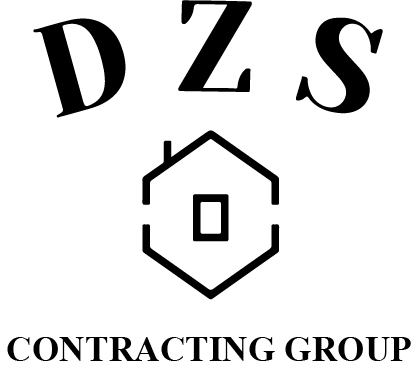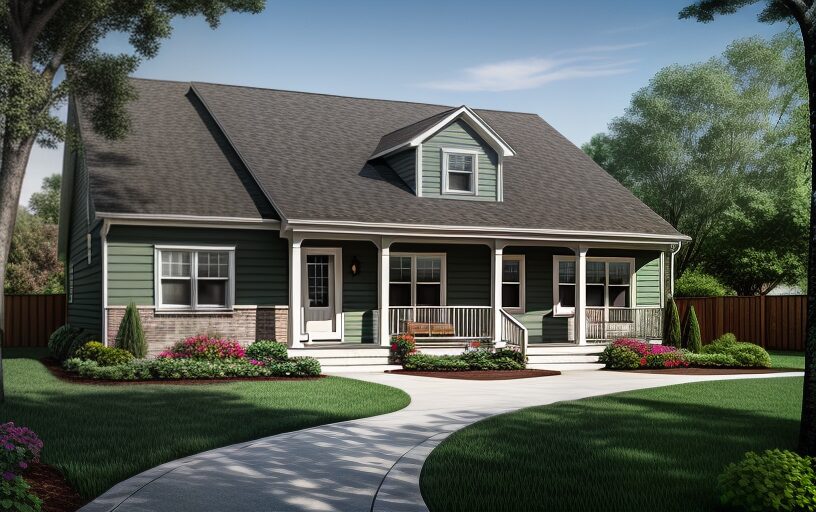Finding the right home builder is one of the most significant decisions you will make in your journey to home ownership. The quality of the construction, the design of your new home, and even your overall satisfaction with the outcome hinges largely on this choice. To help you navigate the process, we have compiled a list of key considerations when looking for a home builder.
First and foremost, consider the builder’s reputation. Research is crucial at this stage. Look for online reviews, testimonials, and ratings from previous clients. A reputable builder will have a track record of satisfied customers and completed projects that demonstrate their capabilities. This will give you insight into their work ethic, reliability, and the quality of their builds. Additionally, seek recommendations from friends, family, or real estate professionals who have had positive experiences with builders in your area.
Next, verify the builder’s credentials, including licenses, insurance, and certifications. A qualified home builder should hold the necessary licenses required by your state or municipality to perform construction work. Insurance is equally important, as it protects you from any liabilities that may arise during the building process. Look for builders who also have industry certifications, as these can be indicators of their commitment to quality and adherence to industry standards.
Another critical factor to consider is the builder’s experience. How long have they been in business? An established builder typically has more experience dealing with different building techniques, challenges, and regulations. Look for builders who specialize in the type of home you wish to build, whether that is a custom home, a modular home, or a speculative home. Their expertise in your desired construction method can significantly influence the quality and efficiency of your project.
Communication is another essential aspect of the builder-client relationship. Pay attention to how responsive and open the builder is during your initial interactions. Do they take the time to answer your questions? Are they willing to collaborate on ideas and share their expertise? A builder who communicates effectively will be more likely to keep you informed throughout the building process, which is vital for ensuring that your project stays on track and meets your expectations.
Budget is a crucial consideration when selecting a home builder. Before you start conversations, establish a budget range that reflects what you can afford and what you’re willing to invest in your new home. While it may be tempting to choose the lowest bid, remember that quality often comes at a price. Ask potential builders for detailed quotes and explanations of their pricing structure. Look for transparency in their costs, and be wary of hidden fees that could arise later in the process. A trustworthy builder will provide clear and honest pricing that aligns with your budget.
Take the time to review the builder’s portfolio of past projects. This will not only showcase their style and workmanship but also give you an idea of their capability to handle projects similar to yours. Pay attention to the variety of designs and finishes they have worked on, as well as the overall quality of construction. If possible, visit some of their completed homes in person to assess the quality of materials used and the general craftsmanship.
Warranty and post-construction support are vital components of a builder’s offering. A reputable builder will provide a comprehensive warranty that covers construction defects and issues that may arise even after the completion of the project. Inquire about the specifics of the warranty terms and conditions. Also, ask how the builder handles post-construction support. A builder who stands behind their work will be available to address any concerns you may have long after the project is finished.
It is also beneficial to analyze the builder’s relationships with suppliers and subcontractors. A builder who maintains positive relationships with reliable suppliers is more likely to obtain quality materials for your home. Additionally, a strong network of subcontractors can lead to a smoother construction process, as these professionals can be trusted to complete their work efficiently and to a high standard.
Consider the builder’s approach to sustainability and energy efficiency. If environmentally friendly building practices are important to you, inquire about the builder’s commitment to sustainable materials, energy-efficient designs, and practices. Builders who prioritize sustainability can help you reduce your environmental footprint and potentially save on utility costs in the long run.
Before making your final decision, ensure that you fully understand the contract. Once you select a builder, they will provide a contract detailing the scope of work, timelines, and payment schedules. Read this document carefully, and do not hesitate to ask for clarification on any terms that are unclear. This contract is a binding agreement and understanding every aspect is essential to avoiding misunderstandings later on.
Ultimately, selecting the right home builder requires careful thought and consideration. By thoroughly researching potential builders and evaluating various aspects of their qualifications, reputation, and work ethic, you can find a builder who aligns with your vision for your new home. Taking the time to assess these key factors will not only enhance your home building experience but will also contribute to the successful realization of the home of your dreams. With the right builder by your side, you can embark on a rewarding journey that leads to the creation of a beautiful and functional space that reflects your unique style and needs.
Contact us if you are interested in getting a quality custom home builder.

